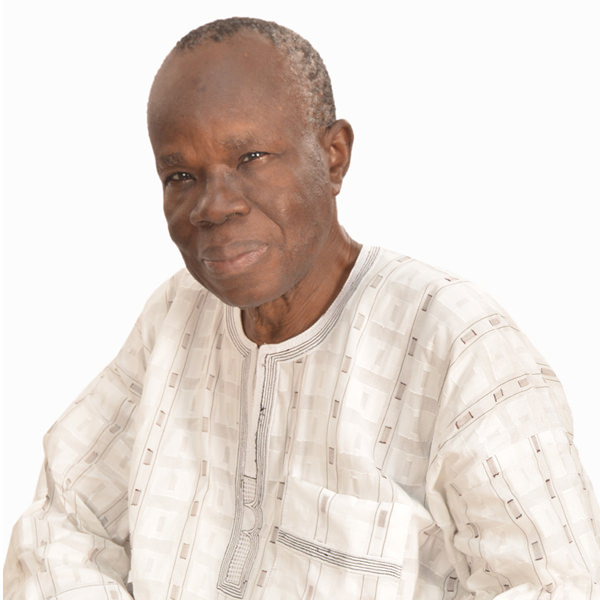It was with great sadness that we received news of the death of our friend, colleague and UNESCO Chair collaborator Professor Folarin Shyllon in January 2021.
We were the beneficiaries of his intellectual rigour and curiosity, lengthy service to the law and protection of cultural heritage, and immense generosity.
The nature of Shyllon’s ground-breaking scholarship was set early with publication of Black Slaves in Britain (Oxford University Press, 1974). A reviewer found that his ‘revisionist account of the forces which coalesced to end slavery in Britain, and future students of the subject in its manifold ramifications will be indebted to him’. He followed this with Black People in Britain 1555-1833 (Oxford University Press, 1977) described as ‘a meticulously and painstakingly researched account of blacks in Britain which has demolished many a myth, written by a person with a passion against injustice’.
Professor Shyllon’s intellectual contribution continued through the decades until this death. Reflecting his dedication to the legal protection of cultural heritage he authored two chapters in the Oxford Handbook on International Cultural Heritage Law (Oxford University Press 2020) and was preparing a chapter for the forthcoming Oxford Commentary on the 1970 UNESCO and 1995 UNIDROIT Conventions.
Professor Shyllon was the foundation Dean of the Faculty of Law at the University of Ibadan. The oldest degree awarding institution in Nigeria, its Law School was established only after independence from British colonial rule. His students have become Attorneys-General, Justices of appellate courts and Judges of High Courts in different States, magistrates, Senior Advocates of Nigeria, and professors of law. He is remembered fondly as a mentor to many in Nigeria, Africa and globally.
His dedication to the promotion of the protection of cultural heritage and its return to countries of origin was embodied in his tireless work in regional and international organisations. UNESCO acknowledged his unflinching contribution to its development for decades and UNIDROIT’s Secretary-General Ignacio Tirado acknowledged that ‘we owe him a debt of gratitude’.


